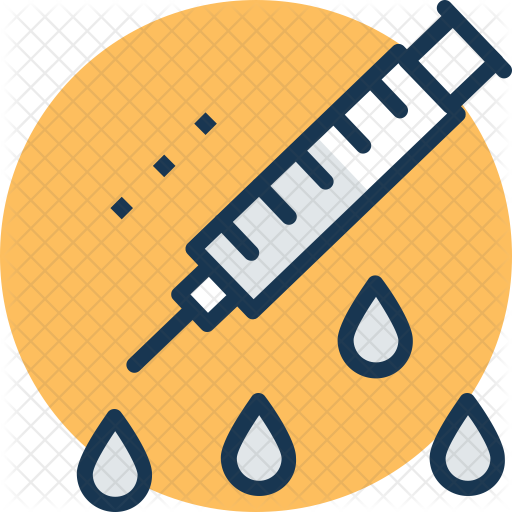| Brian Doyle Our local Guru of EBM, Brian Doyle, hosts a monthly Journal Club for the locals. In the spirit of consolidating knowledge and sharing this with the world, with permission, here is a re-post of one of the articles discussed. For more juicy journals served on a platter, head over to Brian's JC blog: EmergencyMedJc |
Covering
Perkins GD, Deakin CD, Quinn T, et al. A Randomized Trial of Epinephrine in Out-of-Hospital Cardiac Arrest. N Engl J Med 2018 Jul 18. doi:10.1056/NEJMoa1806842 [full text]
Should we still be giving adrenalin in cardiac arrest?
Despite decades of tradition and guidelines, there has never been any good evidence showing adrenalin improves meaningful outcomes.
The PARAMEDIC2 trial was a very well conducted RCT of 8014 patients in the UK with out-of-hospital cardiac arrest. Patients were properly randomised to getting either adrenalin 1mg q3-5 minutes or matching placebo.
Primary outcome in this study was rate of survival at 30 days. But we all know the real outcomeof interest is hospital discharge with a favourable neurologic outcome.
Results?
The adrenalin group had more patients with ROSC, transport to hospital and ICU resources. Rate of survival at 30 days was marginally better at 3.2% vs. 2.4%. (NNT 112)
Yes, the rates of survival were abysmal. But remember the patients included in the study did not respond to initial resuscitative efforts (CPR and defibrillation). They were only enrolled when they got down the pathway requiring adrenalin.
But the real outcome of interest; neurologically intact survival?
No difference.
In the end, adrenalin increases resource utilization and increases survival of the neurologically devastated.
Sounds pretty bad to me. Sounds pretty bad to the consumer groups too.
Will this change the guidelines?
Old habits die hard. But there will never be a trial more definitive than this one. It would have been unethical to start this trial if the authorities (in the UK at least) were not prepared to change practice.
But adrenalin may be worse. Ask yourself; does giving a worthless treatment distract the focus from more important resuscitative efforts? This study didn't address this question but I think I know the answer.
Yes, change the guidelines!
About the Author
| Dr Brian Doyle is an emergency physician originally from the United States but now very much calls Tasmania his home. Unfortunately, it will now be a bit more difficult to deport him from the country as he passed his Australian citizenship test a few years ago. (He was able to answer that Phar Lap won the Melbourne rather than the Davis Cup). His main interests are mostly the clinical aspects of emergency medicine but also in education, ultrasound and critical appraisal of the literature. He spends much of his time annoying people to help out with conferences. |



 RSS Feed
RSS Feed
